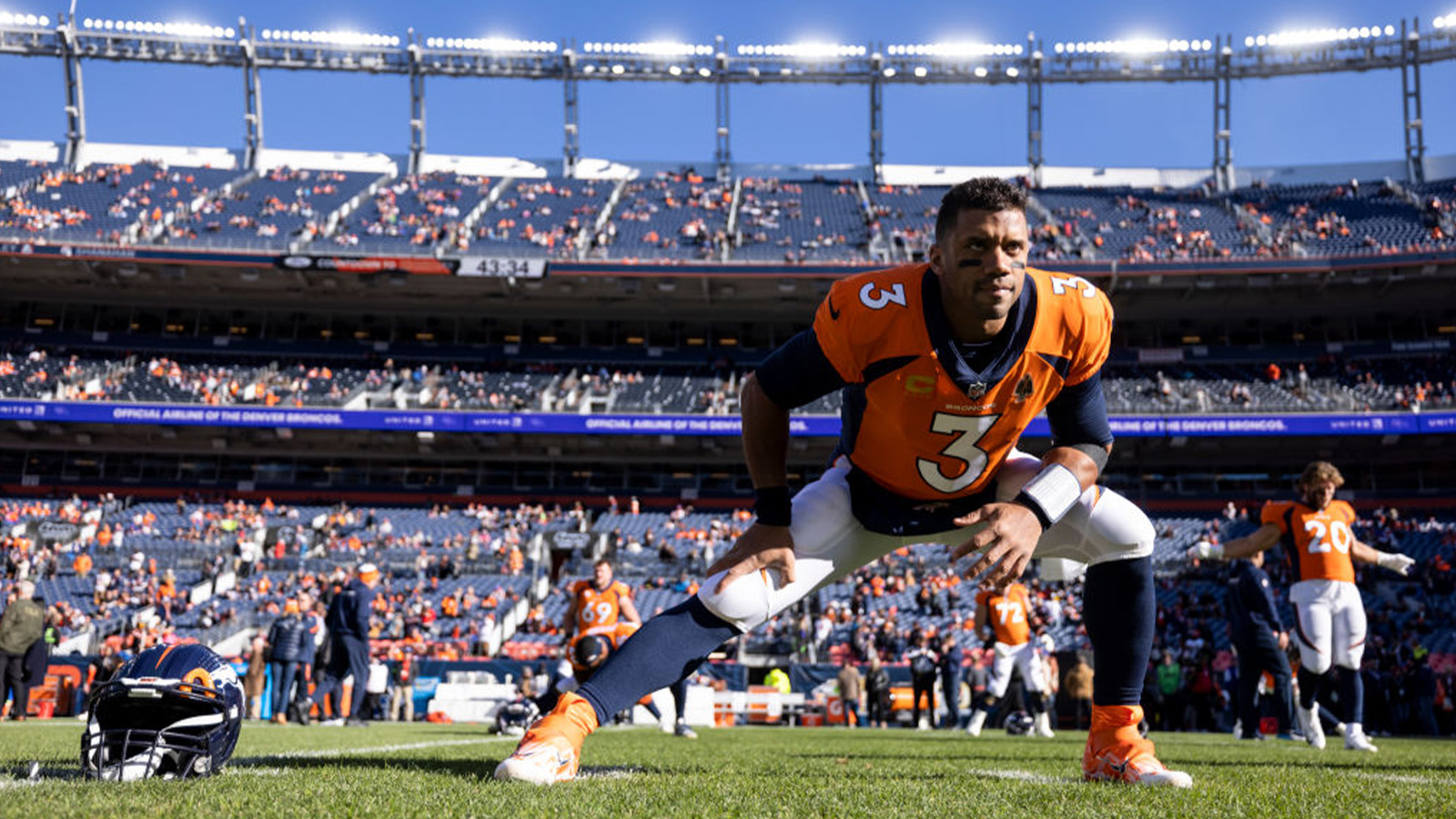
Have the Buffalo Bills Ever Won a Super Bowl Title?
For what feels like an eternity, the New England Patriots have dominated the AFC East. With Tom Brady heading south to join the Tampa Bay Buccaneers, though, the 2020 campaign was a bit different. Bill Belichick’s men finally faltered, and the Buffalo Bills seized the opportunity, claiming the divisional title and punching their ticket to the playoffs.
Now that they’ve reached the postseason, all eyes shift to the Super Bowl. While the Buffalo Bills have plenty of experience in the big game, have they ever managed to lift the Lombardi Trophy?
The Buffalo Bills rise to national prominence
When you think of New York sports, the Yankees or Knicks probably spring to mind. In the western part of the state, though, the Buffalo Bills are the main attraction.
While the city of Buffalo has a rich football history, the modern Bills were born in 1959 as an American Football League franchise. The team won two league championships under Lou Saban during the 1960s and, when the merger took place, the Bills officially became an NFL club.
Despite the immense talent of O.J. Simpson, the Bills’ early life in the NFL was a struggle; from 1970 through 1985, Buffalo only made three playoff appearances and failed to get past the divisional round. In the late 1980s, though, everything changed.
With Jim Kelly and Thurman Thomas leading the way on offense and Bruce Smith providing a fearsome pass rush on defense, the Buffalo Bills emerged as a dominant force in the AFC.
Have the Buffalo Bills ever won a Super Bowl title?
From 1990 through 1993, the Buffalo Bills made it to four consecutive Super Bowls. Unfortunately for everyone in Western New York, though, they never managed to win the big game.
In 1990, the Bills were favored to beat the New York Giants, thanks to their explosive offense; Bill Belichick and Bill Parcells, however, devised a defensive game plan that made all the difference. With the game 20-19 in the dying seconds, Scott Norwood missed a game-winning field goal, handing the Giants the championship.
The following season, the Bills returned to the title game; after falling behind early to the Washington Redskins, they never recovered and suffered another painful defeat. In 1992, Buffalo made the playoffs as a wild card team and clawed their way back to the Super Bowl. In the championship game, however, they were embarrassed by the Dallas Cowboys.
When the 1993 Super Bowl rolled around, the Bills and Cowboys squared off again. While the score was closer this time, Dallas came out on top again.
To date, the Buffalo Bills are the only team in NFL history to make it to four straight Super Bowls. They also have the dubious distinction of never having won the big game.
While 2020 probably isn’t their year, the franchise is moving in the right direction
After those four trips to the Super Bowl, the Buffalo Bills fell off a bit of a cliff and slipped out of the playoff picture. In recent years, however, the franchise has started moving in the right direction.
While defense may, in theory, win championships, the Bills have built up a formidable unit on the offensive side of the ball. Josh Allen has emerged as a legitimate talent under center; the acquisition of Stefon Diggs has given the young quarterback a true number-one target, and Cole Beasley has also stepped up in 2020.
Although it’s probably a bit premature to start dreaming of a Super Bowl title—the Kansas City Chiefs look like the top dog in the AFC, and, whether the Packers, Saints, or Seahawks emerge from the NFC, they’ll also be a tough opponent—the Bills are still trending in the right direction. With a talented young quarterback on their roster and the New England Patriots in need of a rebuild, Buffalo should have at least a few trips to the playoffs on the cards.
During their history, the Buffalo Bills have appeared in four Super Bowls without winning a single NFL title. Their entire fan base will be hoping that their current resurgence will include a trip to the big game…and, this time, a positive result.
Stats courtesy of Pro-Football-Reference



